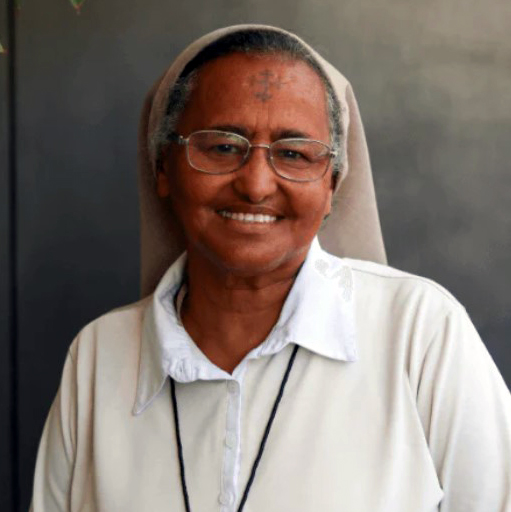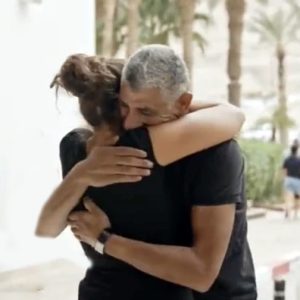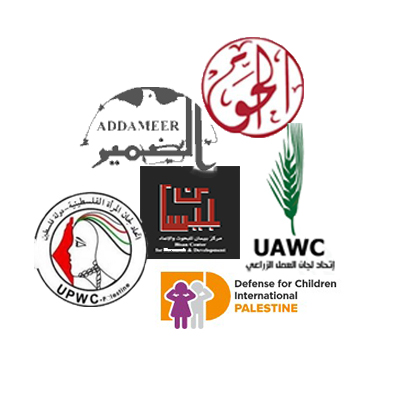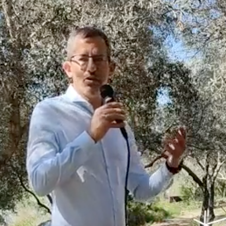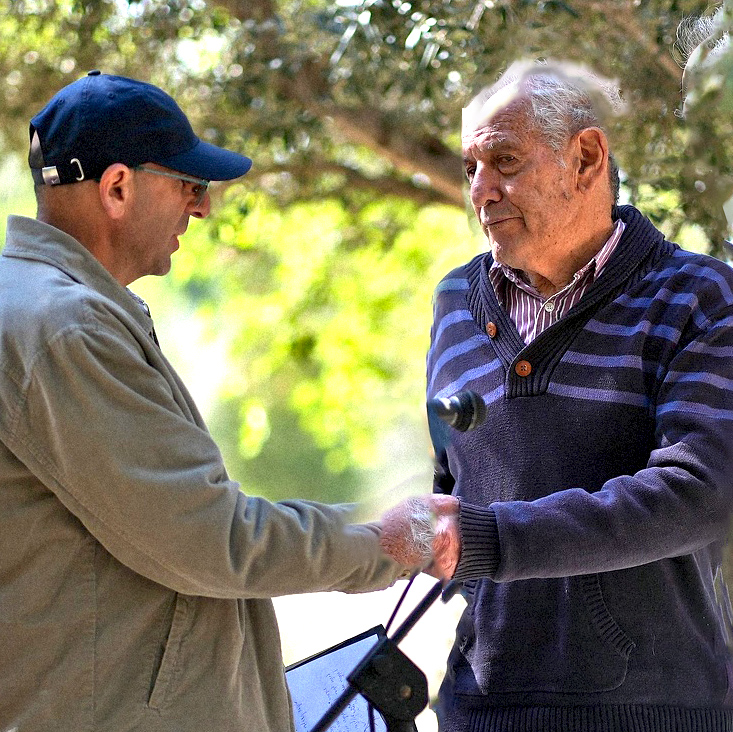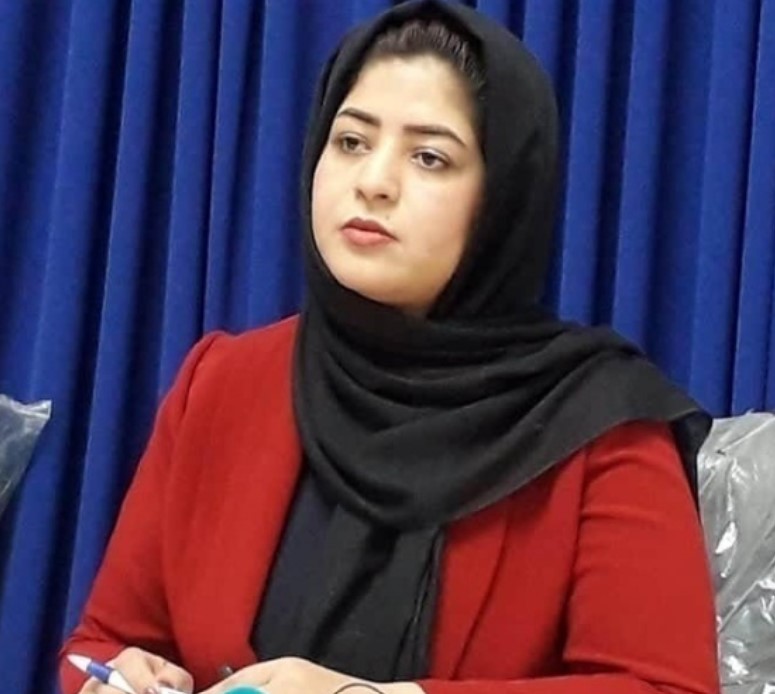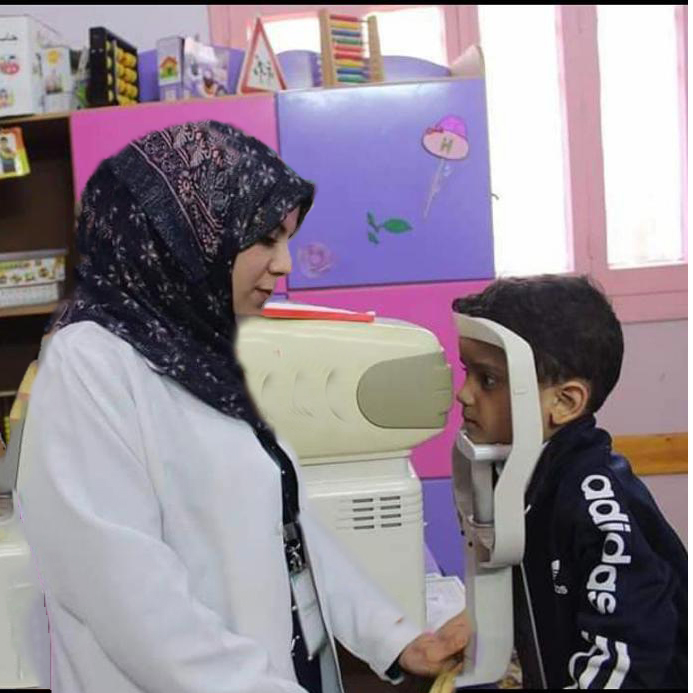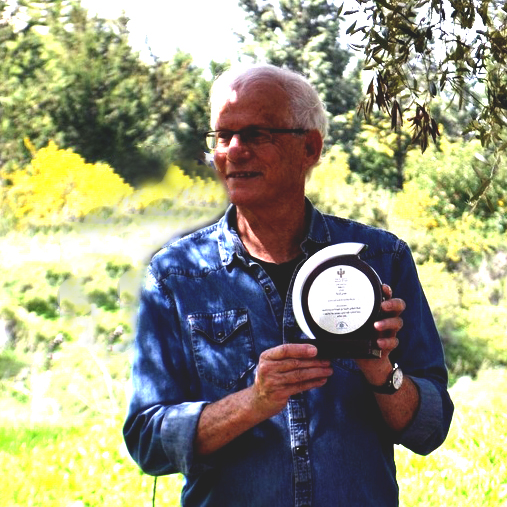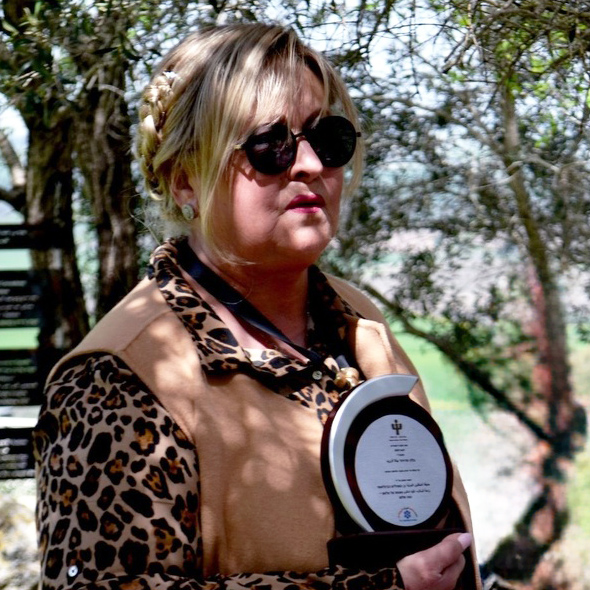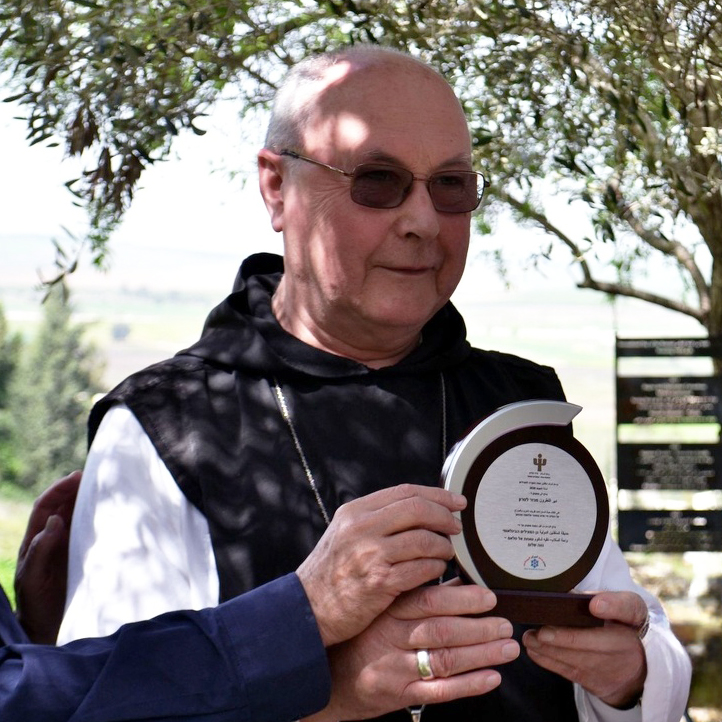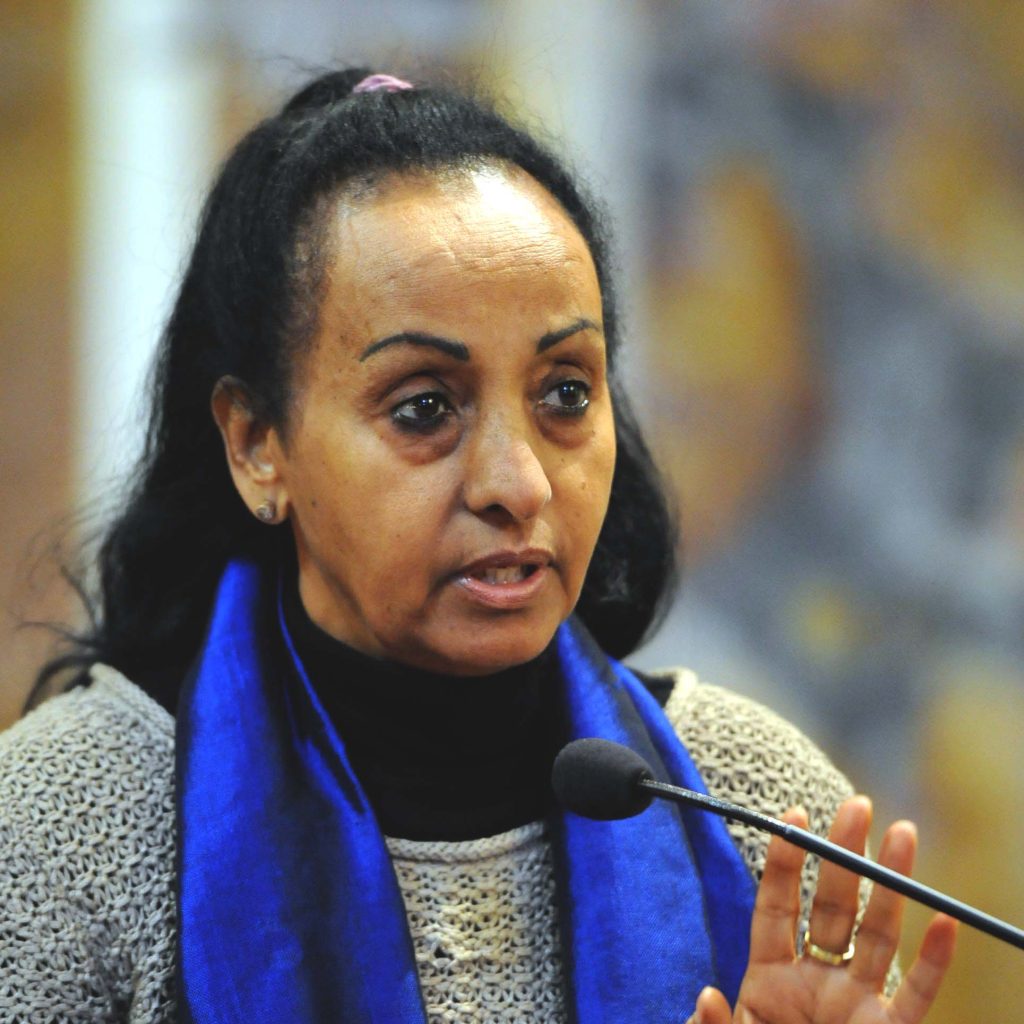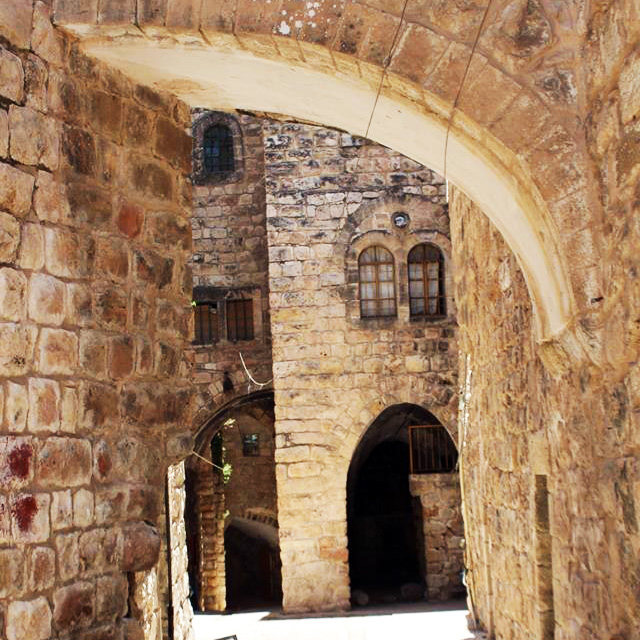Azezet Habtezghi Kidane, or Sister Aziza as she is widely known, is an nun from Eritrea whose life has been marked by profound dedication to humanitarian work, particularly in providing support to vulnerable populations. Her early experiences in her home country were shaped by extreme turmoil, where she witnessed the devastating effects of war, displacement and poverty. These formative experiences instilled in her a deep sense of empathy and a strong commitment to social justice, which would guide her throughout her life.
Sister Aziza is a member of the Comboni Missionary Sisters, a Catholic religious institute devoted to serving the poor and marginalized. Her journey into religious life and humanitarian work was driven by a profound sense of calling. She felt compelled to serve those suffering due to war, persecution, and poverty, particularly in Africa. This calling led her to various parts of the continent, where she provided medical care, education, and spiritual support to communities in need.
Before moving to Israel in the early 2000s, Sister Aziza had served in Sudan. At that time, Israel was experiencing an influx of African asylum seekers, many of whom were fleeing conflict, persecution, and dire economic conditions in their home countries. The majority of these asylum seekers were from Eritrea and Sudan and had endured harrowing journeys through Egypt’s Sinai Peninsula, where they often faced brutal treatment by human traffickers. Many were subjected to torture, sexual violence, and other forms of severe trauma during their journey.
In Israel, Sister Aziza quickly became a central figure in the support network for these peopel. She worked closely with the African Refugee Development Center (ARDC) and other such NGOs as Physicians for Human Rights, providing critical services such as medical assistance, counseling and advocacy. She provided crucial medical care to those who were physically injured, and her psychological support was lifesaving for many who were suffering from the deep emotional scars of their experiences. By offering safe havens, medical attention, and emotional support, Sister Aziza played a direct role in saving lives and helping refugees rebuild their lives with dignity.
Her efforts were particularly groundbreaking in a country that was often ambivalent or even hostile toward the African refugee population. She provided a voice for those who had none, advocating tirelessly for their rights and well-being. Her approach was holistic, combining practical aid with spiritual and emotional support. She believed in empowering refugees by helping them regain a sense of hope and self-worth, which was crucial for their integration into society.
Sister Aziza’s ability to bridge cultural and religious divides further amplified her impact. In a region where governments disregard basic human rights, and tensions between different communities can run high, her inclusive approach earned her respect and admiration from people of various backgrounds. She acted as a mediator and healer, using her faith as a source of strength while respecting the beliefs and traditions of those she helped.
I have learned to always respect the person next to me
Beyond her immediate work with refugees, Sister Aziza has been a powerful advocate for broader changes in policy and public perception, challenging the stigma and discrimination that refugees often face. Through her work, she has highlighted the importance of compassion and humanity in addressing the complex issues surrounding migration and asylum.
In recognition of her tireless efforts, Sister Aziza has received numerous awards and accolades, including on International Rescuers Day in the GARIWO Garden of Rescuerss. Despite this recognition, she remains humble, often emphasizing that her work is driven by a simple yet profound desire to serve others and uphold the dignity of every human being.
Why Sister Aziza was chosen to be honored in the Garden of Rescuers: The plight of African refugees resonates with our mission; her work with the most abject refugees is a powerful example of how one person’s dedication can make a significant difference in the lives of thousands.
